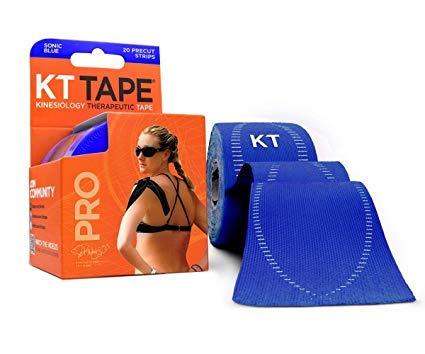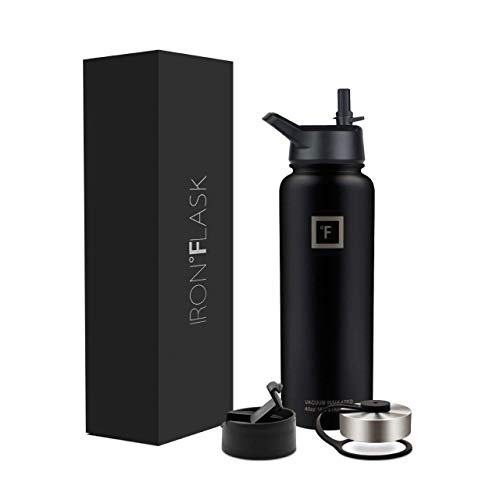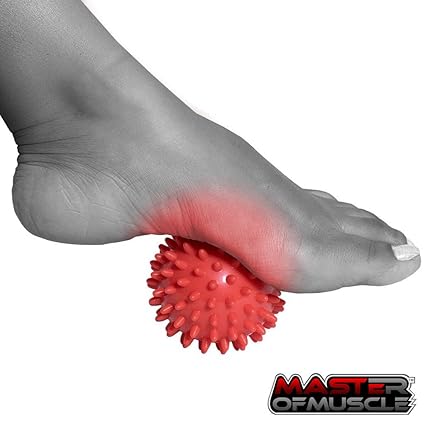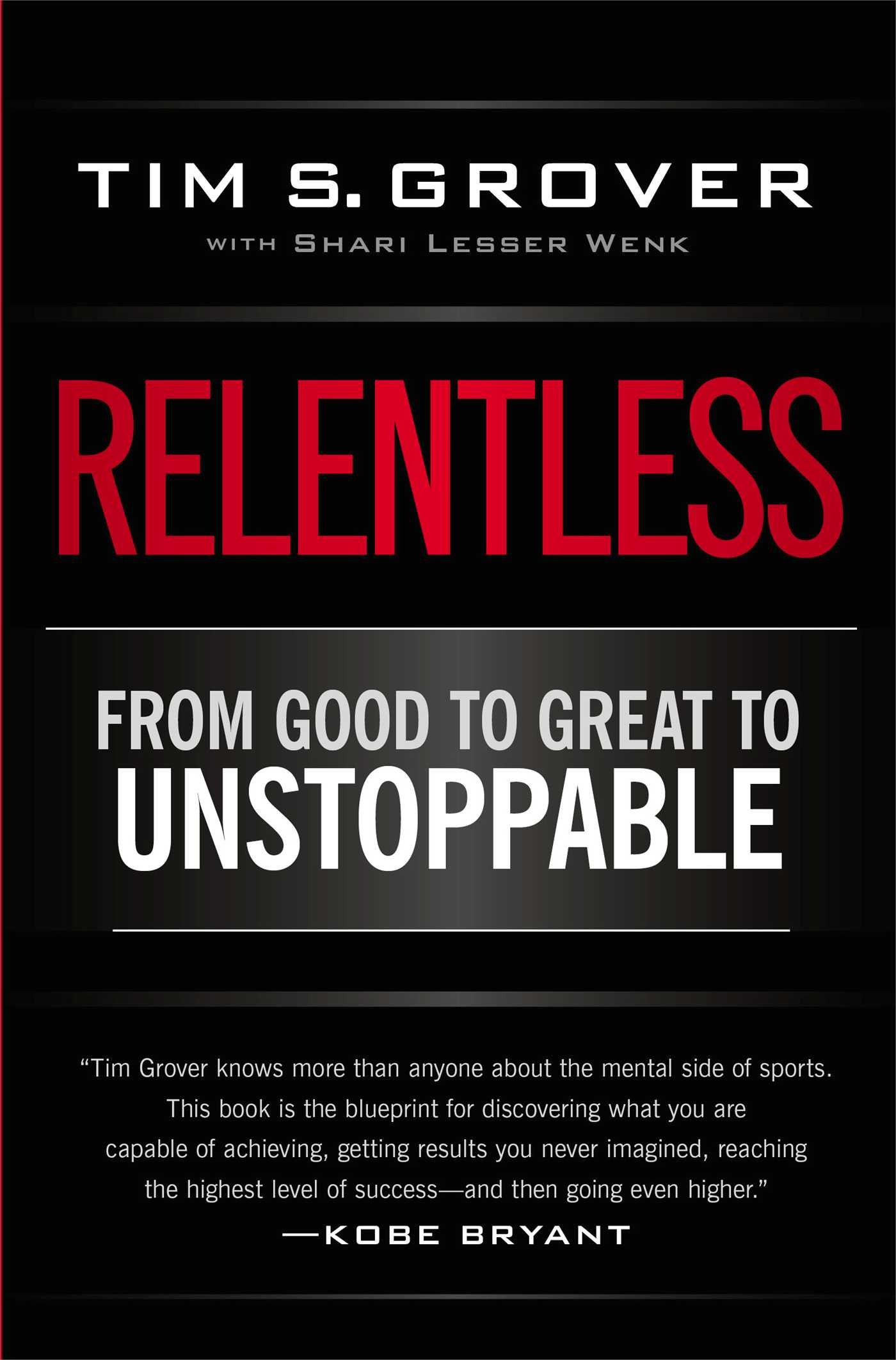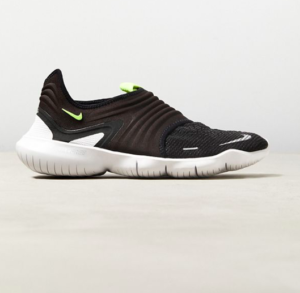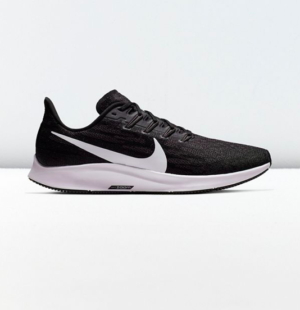If you didn’t already know, I was a sprinter at The Ohio State University (yes, you HAVE TO include “the) and part of that comes with tons of practices and workouts, but there are none like those that happen during preseason. Whether you’re excited or dreading it… it’s coming. I’ve had my fair share of traumatizing workouts (don’t get me started on Eugene’s), but this is a very important time to not only get you physically right for the upcoming seasons, but also mentally. I’ve compiled a list of key points to help you have the best preseason possible and to lead into successful indoor and outdoor seasons!

Endurance, endurance, endurance
Need I say it one more time? This is almost entirely what preseason practices will make up. You need to get your legs use to running for longer periods of time and get your lungs ready to support that. I always struggled with this as a sprinter, but it is critical to high performance. Whether you run short sprints or long, there will be few times when you are only running one race at a meet. And with that comes short recovery periods between races. You need to be able to not only perform your best during your first race but also the second, third or fourth! I use to fight gaining endurance all the time, but the year I decided I could run longer and not die lol was the year I had my best season.
Strengthen the Small Muscles to Prevent Injury During Regular Season
Track is a long, long sport. I can’t think of one other sport that has two seasons back to back that also lasts past the school year. With that said, your body needs to be able to stay healthy throughout that long period of time so you can run your best. Hamstrings pull because they are overcompensating for other muscles that aren’t doing their job properly. And I’m sure that can happen with lots of other injuries as well. Your body needs a solid foundation to support itself so when you do push to new limits, you can withstand and become stronger instead of breaking down. I have a post all about how to strengthen small muscles that directly impact running that you can check out here!

Eat Healthy
This one is soooooo so important. If you do not fuel your body right, it will never reach its full potential. My track coach use to always use this comparison: Say your body is a car made for speed (a Ferrari for example), you would only put the highest quality gasoline into that car correct? It needs that type of fuel to run properly and to its potential top speed. Our bodies are the same way. Put high quality gasoline (aka food) to perform up to your potential.
Write Out Specific Goals for Preseason, Indoor, and Outdoor
I have always been a fan of writing things down, especially goals. It literally helps set them into motion. Writing goals down for each season helps to keep you accountable when you feel less motivated. But they need to be specific. Don’t write something like, “I want to run fast every practice” because that’s too subjective to opinion. When you are dreading practice and don’t want to do anything, you can compensate that goal with an accuse like, “Well I run faster than most of the people at my school so I’m still running fast.” But this attitude won’t get you closer to what you actually want. An example of a specific goal could be “I will run 23.2 sec in the 200m this outdoor season by my conference meet.” This gives a measurable time to run, and a timeline at which it should be accomplished by. This way there are no excuses and every practice you have something to work towards.

Don’t Compare Yourself to Others
Back when I was running, during preseason, there was always a few people who went ALL OUT during practices. Usually they were naturally better at endurance based workouts which I was not. My teammates and I would call them “Preseason Warriors” because they would kill all of the preseason endurance based workouts but, eventually, when we had to actually race our designated sprint, they would be no where to be found. Basically what I’m trying to say is don’t compare yourself to Preseason Warriors or anyone for that matter. We all have different strengths when running. Some are stronger (this was not one of my strengths lol) some are disciplined, and some have endurance. Whatever your strength is, know what it is, and know you are enough. Use your strength to your advantage when it really matters: in the race.
Take Care of Your Body
This one goes along with eating healthy. I recently saw a quote from Justin Gatlin that went, “People mistakenly believe that if you do nothing but train you can only get better. You’ve got to work hard, but the harder you work the harder you must rest and relax.” Your body is not an unstoppable machine, and the moment you think that, is the moment you get hurt. Forms of taking care of yourself can include getting weekly massages, stretching before and after practice, drinking enough water (not just during practice but all day long. If you feel thirsty, you’re already dehydrated), and getting enough sleep. I personally know doing all of these things take effort and are hard to do consistently. But it does make a difference. If you take your training seriously, take you resting just as serious.

Have Fun but Know You’re There to Get Better
Track has it’s positives and negatives, but I hope you’re doing it because it’s fun and you love it. And as much as we all love to goof off with our teammates and have a good time, it’s also important to know when to switch off the jokes and be serious with your training. It’s only you standing at the line, not anyone else. So you have to prepare yourself. This point leads into the next…
Be Intentional Every Practice; Don’t Go Through the Motions
During a super hard practice, it is so much easier to switch off and just go through the motions of each rep. It’s a natural way to protect ourselves from pain. However, please listen to this point I am about to make. I wish I could have done this more often when I was still competing.
Imagine, you are at a very important meet. You are in lane 5 and someone faster than you is in lane 4 ready to try and eat you alive. The stands are filled with screaming people. Tons of officials and other athletes are running around you. Everything is very overwhelming and chaotic.
Scenario 1: During hard practices, you go through the motions, not intentional about how you run, trying to feel the least amount of pain as possible.
Scenario 2: During hard practices, you are intentional about each rep, mentally locked in and present during the hardest parts, aware of the pain but push through anyways.
Who do you think will be more prepared for the race? In Scenario 2, you have already gone through the hardest parts and are prepared physically and mentally to perform your best. With Scenario 1, you have not faced tough situations, and all the distractions of a meet add on to the pressure.
Be intentional during practice so when you want to intentionally perform your best in a race, you can.

Stay Positive aka No Complaining
Complaining literally makes practices harder than they are. Test it out for yourself. For a whole practice, don’t complain. Stay positive about how the workout will make you better and see the difference your body will feel during it. Obviously, it’s still challenging, but definitely more manageable and enjoyable.
Trust You are Capable and Have Confidence
Although track is a very physically determining sport, if you don’t have your mentality together, it makes it that much harder. Everyone is fast at this level, but your mental strength is what takes you to that next level. It’s literally what separates the goods from the greats. Besides extraordinarily gifted folks of course. But they too can only go so far on talent.

Write Down Every Workout
This one is a little odd, but I tried it out my Junior year and ran the fastest I ever have. There is something about being intentional with what you have done and reflecting on the work you’ve put in that really helps. Grab a sturdy notebook (cause if a spikes can hurt us who knows what damage it’ll do to a regular notebook) and pen and keep it in your track bag. Everyday after practice, write down the date and everything you did that day: number of reps, distance you ran, abs you did. It’s another form of being intentional and fully committed to success.
And those are my top tips for a successful preseason! I will also have links below to key tools I used to keep me healthy and mentally prepared for the long season to come.
What I Used During Track Season



